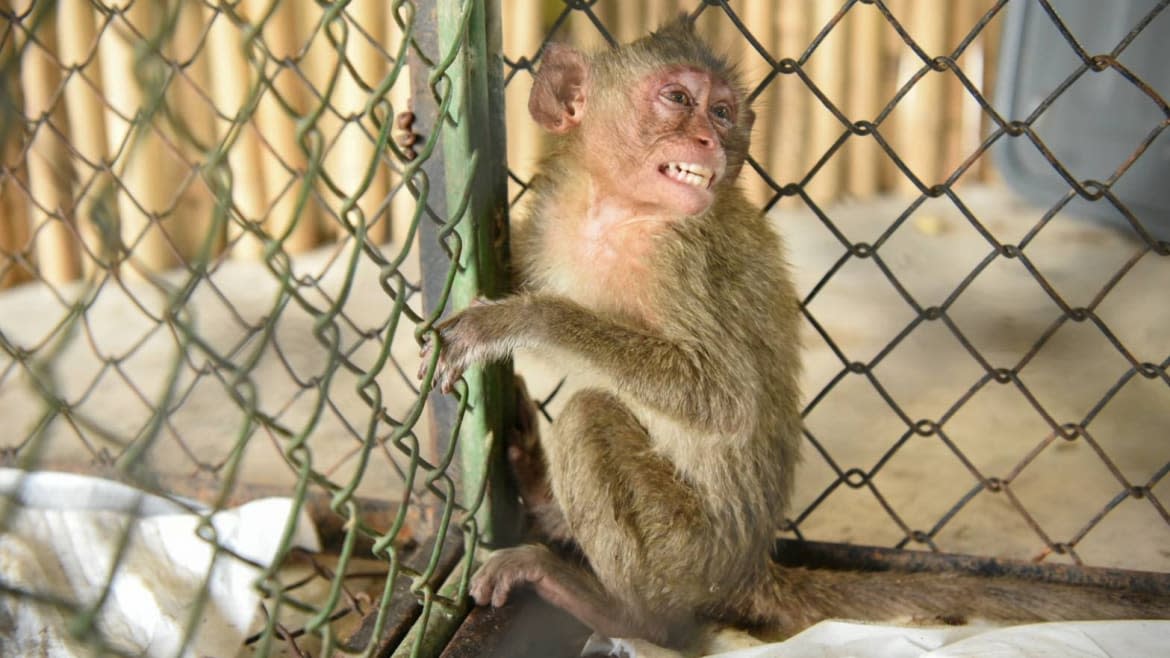WHO Warns Brazilians: Killing Monkeys Won’t Stop Your Monkeypox

The World Health Organization has made the unusual plea to Brazilians to stop killing monkeys over concerns that they are the main vector for monkeypox.
“What people need to know is that the transmission we are seeing is happening between humans,” WHO spokesperson Margaret Harris said in Geneva.
The plea comes after reports of physical attacks on monkeys in Brazil, where 10 monkeys were poisoned in the city of Rio Preto and others were found in various states of torture. Harris reiterated that the primates are not to blame for the uptick in cases, which are spread human-to-human.
Here’s Why We Should Stop Calling It ‘Monkeypox’
Around a dozen deaths and 28,100 cases have been certified outside West and Central Africa—which classifies the virus as endemic, according to WHO. Brazil has recorded more than 1,700 cases and one death. WHO Director-General Tedros Adhanom Ghebreyesus said that 98 percent of monkeypox cases have been reported in men who have sex with men.
The WHO blamed the name of the ailment as the primary reason for the abuse against monkeys, citing a number of other animals and rodents that carry the infection. “The concern should be about where it [is circulating] in the human population and what humans can do to protect themselves from getting it and transmitting it,” Harris said. “People should certainly not be attacking any animals.”
On Tuesday, the U.S. Food and Drug Administration issued an emergency-use authorization for the Jynneous vaccine and how it is administered in an attempt to vaccinate more people amid supply-chain shortages. The group says the vaccine should be administered intradermally, or between the layers of skin, rather than subcutaneously, or directly under the skin. The change in methodology is expected to increase the number of doses from a vial to five from one. The group says all high-risk adults should be vaccinated. Only those under 18 should be given the vaccine in the traditional subcutaneous manner.
Get the Daily Beast's biggest scoops and scandals delivered right to your inbox. Sign up now.
Stay informed and gain unlimited access to the Daily Beast's unmatched reporting. Subscribe now.

 Yahoo Movies
Yahoo Movies 
